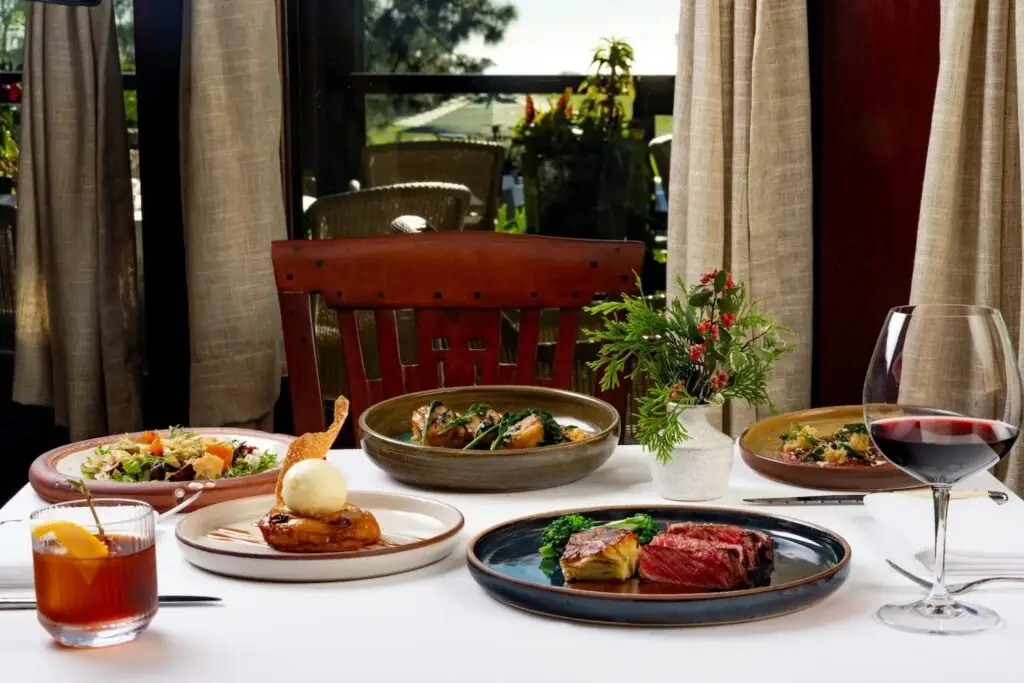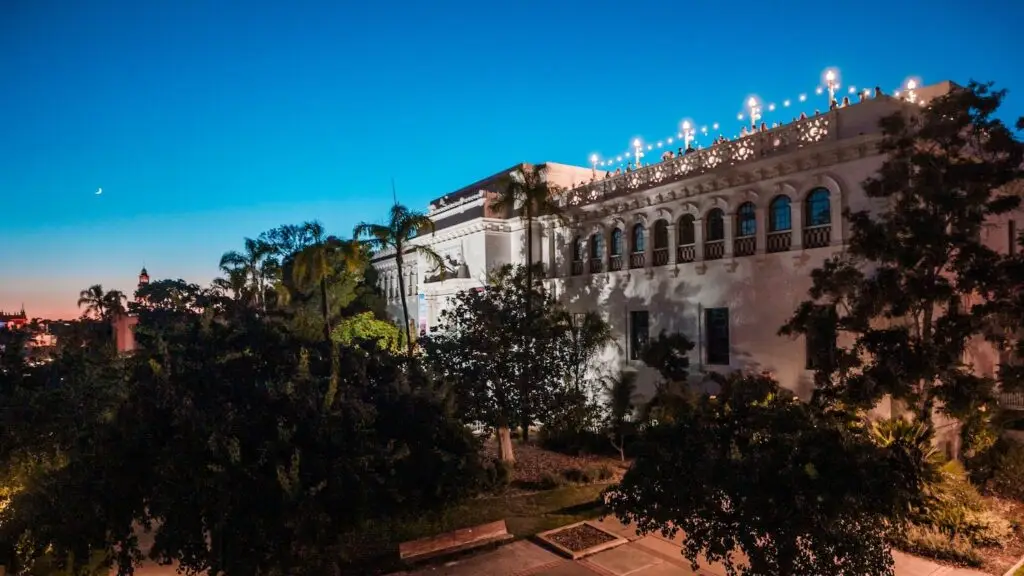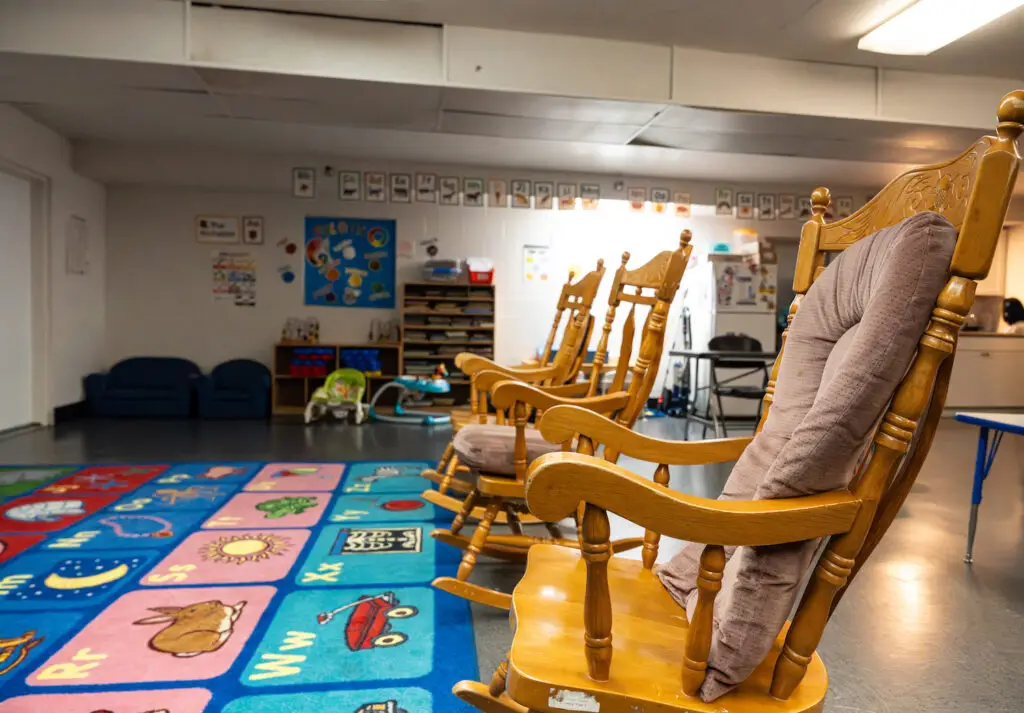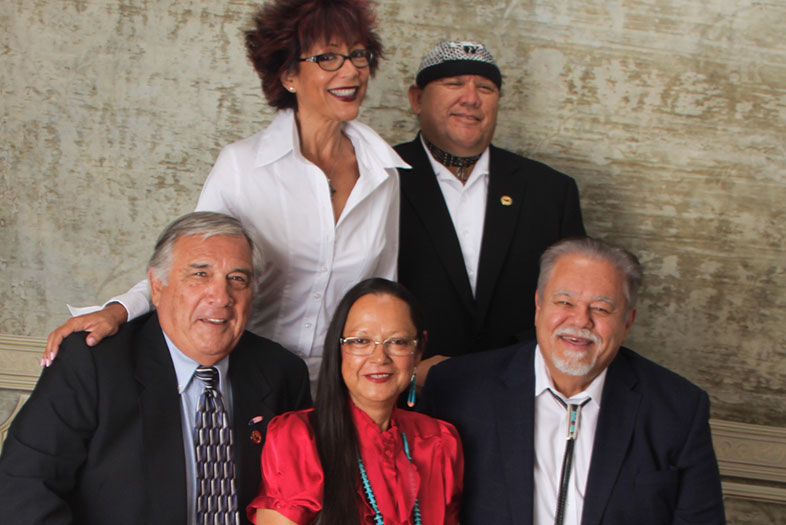Historically, few San Diegans even knew there were American Indian reservations in the county, let alone 18—the most of any county in the United States.
That began to change in the mid-1990s, when many California tribes opened gaming casinos—and their reservations—to non-Indian consumers. After a 10-year legal battle with the state and a political campaign to offer casino gaming as a long-sought means of economic recovery, the public began to realize that Indians were still around and determined not just to survive but thrive.
Their objective was to fund the government services, like water and electricity; attain freedom from welfare or dependence on underfunded and unpredictable federal assistance; and provide jobs for tribal members to become self-sufficient. The funds from gaming would once again allow Indians to stand tall on their own two feet, and help meet their government responsibilities for their families and land.
Gaming income has also provided the means to reawaken the slumbering sovereignty of tribal governments. As a result, something historic and new has happened in Pauma: Luiseño tribes now actively govern and exercise jurisdiction over their reservations.
As federally recognized sovereign governments, the tribes have a trust relationship with the federal government and have equal authority with states and counties. Also like state governments, in addition to creating their own laws, tribes adhere to and enforce federal law, including strict regulation of tribal gaming.
The Rincon tribal council consists of Chairman Bo Mazzetti, Vice Chairwoman Stephanie Spencer, and Council Members Steve Stallings, Laurie E. Gonzalez, and Alfonso Kolb Sr. Elected by a majority vote of the Rincon membership, they serve two-year staggered terms.
In addition to acting as the executive, legislative, and judicial branches of the government, the tribal council is the board of directors for tribally owned enterprises, including Harrah’s Resort Southern California.

Getting to Know the Valley’s Tribal Governments
PARTNER CONTENT
Rincon Tribal Council
















